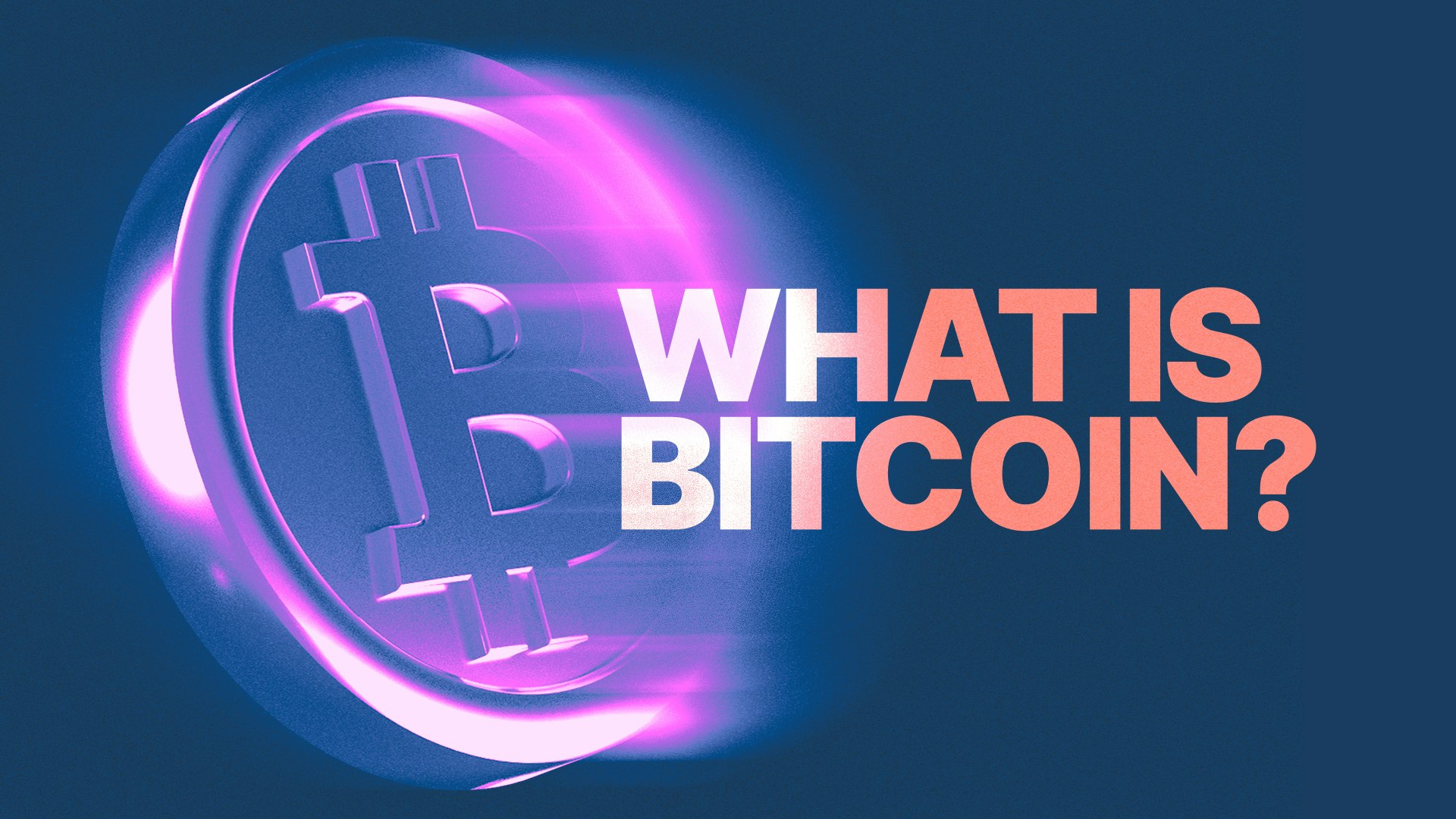Get $20 in free Bitcoin when you sign up and buy $50+ in crypto before October 31, 2025. Terms apply.
Why Wall Street and Billionaires Can’t Ignore Crypto Anymore
Crypto is entering the financial mainstream as billionaires and Wall Street embrace Bitcoin ETFs and digital assets.
In this article...
- BlackRock, Fidelity, and MicroStrategy hold billions in Bitcoin.
- Multiple spot Bitcoin ETFs were approved in the U.S. in 2024.
- Crypto is now seen as a hedge against inflation and global instability.

For years, cryptocurrency was dismissed by traditional finance as a speculative fad. It was the digital playground of tech enthusiasts and anonymous libertarians. But today, that narrative has shifted dramatically.
Wall Street titans, institutional investors, and some of the world’s most influential billionaires are not just paying attention to crypto, they’re investing heavily in it.
The era of crypto as a fringe asset is over. Welcome to the age of the billionaire buy-in.
From hedge fund legends to Silicon Valley moguls, the list of high-profile investors embracing digital assets is growing fast. And with each new endorsement, crypto gains legitimacy, liquidity, and staying power in the global financial system.
So what changed? Why can’t Wall Street ignore crypto anymore?
Institutional Adoption Is Accelerating
Once hesitant, major financial institutions are now actively integrating crypto into their offerings. Fidelity, one of the largest asset managers in the world, launched a Bitcoin ETF (FBTC) in 2024 and now offers crypto custody and trading services to institutional clients.
Similarly, BlackRock, managing trillions in assets, filed for a spot Bitcoin ETF in 2023, calling digital assets a “legitimate asset class”. Their iShares Bitcoin Trust (IBIT) began trading in January 2024 and quickly amassed billions in assets under management.
Even JPMorgan Chase, skeptical under CEO Jamie Dimon, acknowledges Bitcoin’s role in the financial ecosystem and has integrated blockchain into its operations. Now its wealthy clients can access crypto-related investment products.
Billionaires Are Getting Interested
Some of the world’s most prominent billionaires have made bold moves into crypto, signaling confidence in its long-term value.
Michael Saylor, CEO of MicroStrategy, has turned his company into the largest public Bitcoin holder, with nearly 630,000 BTC on its balance sheet worth billions of dollars.
Stan Druckenmiller, a legendary macro investor, admitted he underestimated Bitcoin and now holds a meaningful position in the asset.
Larry Fink, CEO of BlackRock, initially scoffed at cryptocurrencies. But he changed his mind, stating that Bitcoin serves as “digital gold” and a response to global monetary policies. These aren’t speculative bets, they’re strategic allocations by seasoned investors who understand macroeconomic trends and long-term value preservation.
Regulatory Clarity Is (Finally) Emerging
One of the biggest hurdles for institutional crypto adoption was regulatory uncertainty. That’s beginning to change.
In the U.S., the approval of multiple spot Bitcoin ETFs in January 2024, including those from BlackRock, Fidelity, and Ark Invest, marked a watershed moment. The SEC’s green light signaled a shift toward regulated crypto access for everyday investors.
Meanwhile, the European Union has implemented regulations called Markets in Crypto-Assets (MiCA), creating a clear legal framework for crypto businesses across multiple European countries.
With clearer rules, institutions can operate with confidence, reducing risk and opening the floodgates for capital.
Crypto Might Become a Hedge Against Inflation and Geopolitical Risk
As global debt levels rise and central banks continue expansive monetary policies, investors are seeking assets that can preserve value over time. Bitcoin, with its capped supply of 21 million coins, might be considered to fit the bill as “digital gold.”
And, in times of geopolitical instability, from banking crises to currency devaluations, crypto offers a decentralized, borderless alternative to traditional financial systems.
The Infrastructure Is Maturing
Crypto is no longer just about buying and holding on sketchy secret platforms. The infrastructure now rivals traditional finance. Custody solutions from companies like CoinJar offer institutional-grade security. And on-chain analytics and compliance tools help institutions monitor risk and adhere to KYC/AML regulations.
This maturation means that even risk-averse institutions can participate confidently.
What This Means for Investors
While billionaires and banks are making headlines, the real winner is the individual investor. Institutional involvement may bring greater liquidity and possibly even increased stability as volatility could slowly decline with market maturity.
The billionaire buy-in isn’t a trend, it’s an acceptance. Wall Street didn’t wake up one day and decide to love crypto. It responded to undeniable signals: Growing adoption, regulatory progress, macroeconomic demand, and technological maturity.
Crypto is no longer an alternative. It’s becoming a core component of modern portfolios.
More institutions and high-net-worth individuals are allocating capital to digital assets. The future of finance is open, global, and blockchain-based.

Suggested Articles

What is Bitcoin (BTC)? What is "Digital Gold" Used For?
What is Bitcoin? It is a digital currency that can be traded, exchanged, and used as a form of payment independent of central banks and governments.Read more
What is Ethereum? What is ETH Used For?
Ethereum is a decentralized blockchain-based open-source software platform that allows for the development of decentralized applications (dApps).Read more
What Is Crypto? How do Cryptocurrencies Work?
Crypto has become incredibly popular. But how does this digital currency work? And are there cryptos other than Bitcoin? Read moreBrowse by topic
The above article is not to be read as investment, legal or tax advice and takes no account of particular personal or market circumstances; all readers should seek independent investment, legal and tax advice before investing in cryptocurrencies.
This article is provided for general information and educational purposes only. No responsibility or liability is accepted for any errors of fact or omission expressed therein. CoinJar, Inc. makes no representation or warranty of any kind, express or implied, regarding the accuracy, validity, reliability, availability, or completeness of any such information.
Past performance is not a reliable indicator of future results.
Your information is handled in accordance with CoinJar’s Privacy Policy.
Copyright © 2025 CoinJar, Inc. All rights reserved.
CoinJar, Inc. is a registered Money Services Business with FinCEN and licensed as a money transmitter, NMLS #2492913. For a list of states in which CoinJar, Inc. is licensed or authorized to operate, please visit here. In certain other states, money transmission services are provided by Cross River Bank, Member FDIC.
This site is protected by reCAPTCHA and the Google Privacy Policy and Terms of Service apply.

